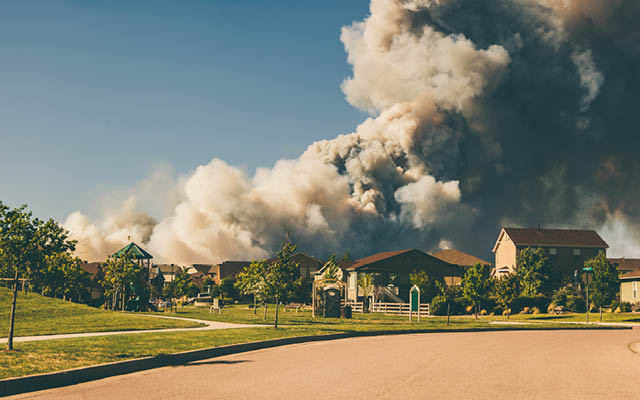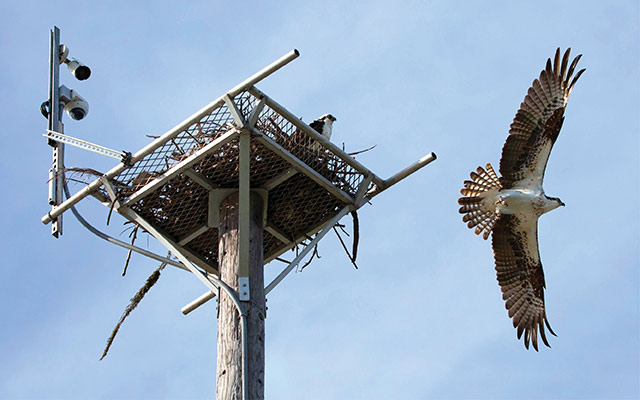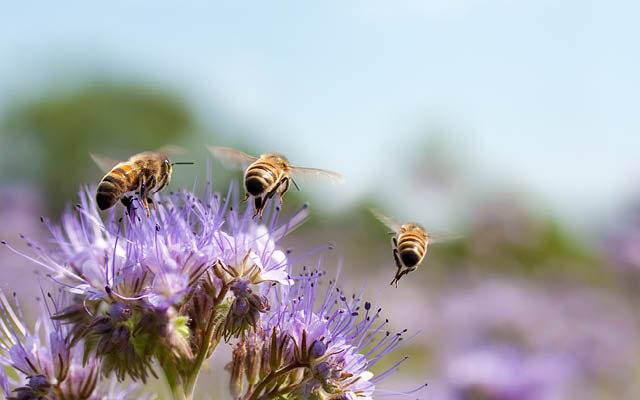While wildfires ultimately aid regeneration of an ecosystem, they can cause substantial harm as well:
- Our health can be affected by wildfires. Air pollution from wildfire fumes can cause respiratory infections, eye irritations, and headaches.
- Local economies are often damaged by wildfires.
- The ecological impacts can be catastrophic: Loss of biodiversity is a major concern because each species plays a role in maintaining the delicate balance of ecosystems upon which all lives depend. The 2019 Australian bushfire season, for example, killed an estimated 1 billion animals and pushed some to the brink of extinction: 113 species, ranging from invertebrates to mammals, were placed on a list requiring intervention for survival. Most of them saw at least a third of their range burn.
- Soil erosion can be worsened by wildfires that denude the land, which may then lead to landslides and mudslides.
- A forest’s ability to sequester carbon is reduced by fire, turning it from a carbon sink that hosts greenhouse gases to a carbon source, furthering the effects of climate change. (To learn more, see “Why Bears Ears National Monument Matters.”)
This was excerpted from “The Ecological Consequences of Wildfires”.




This Post Has 0 Comments